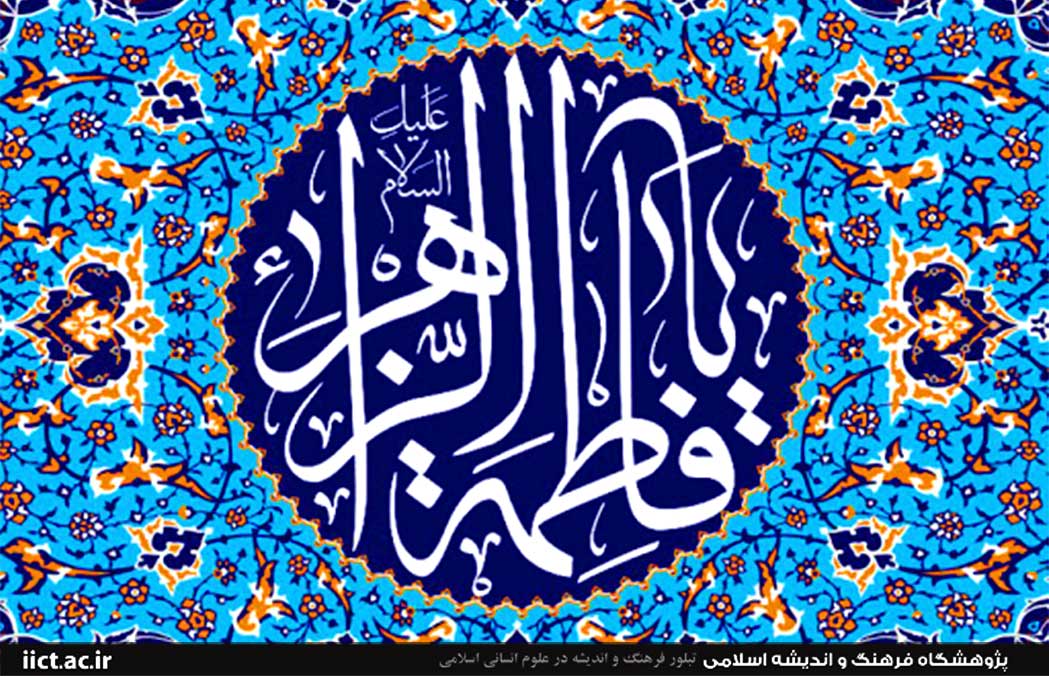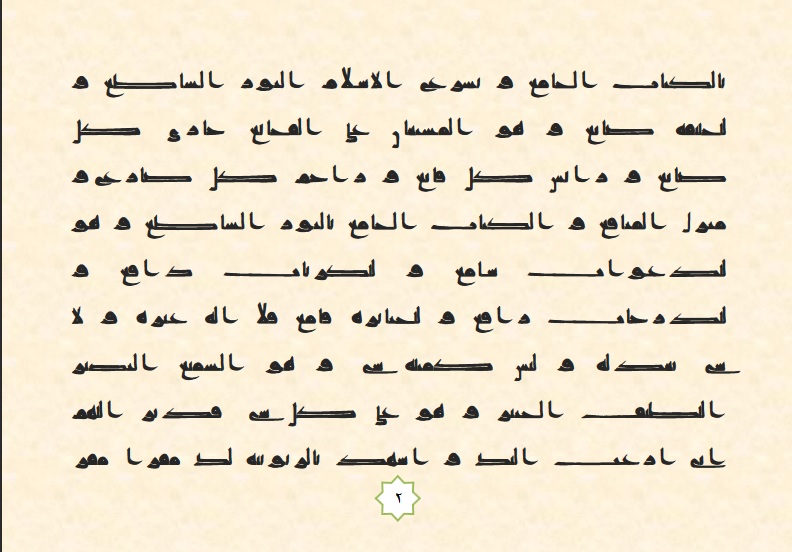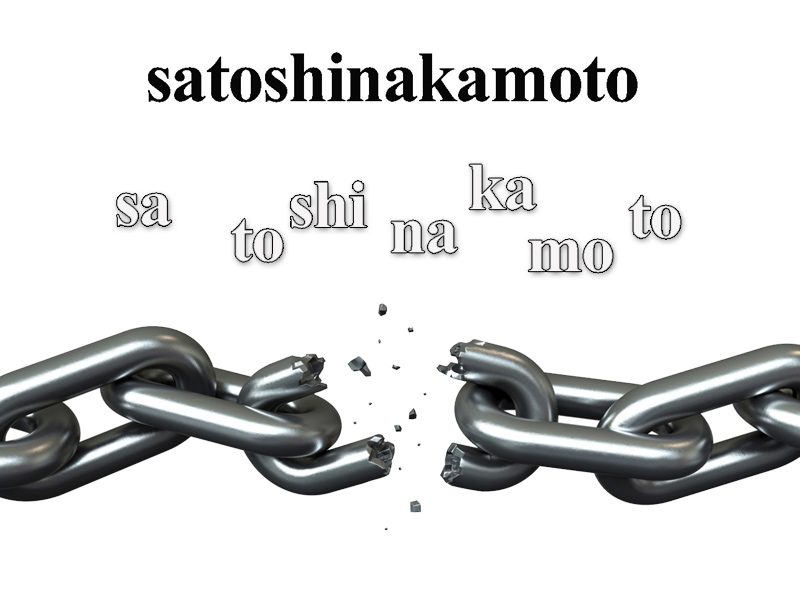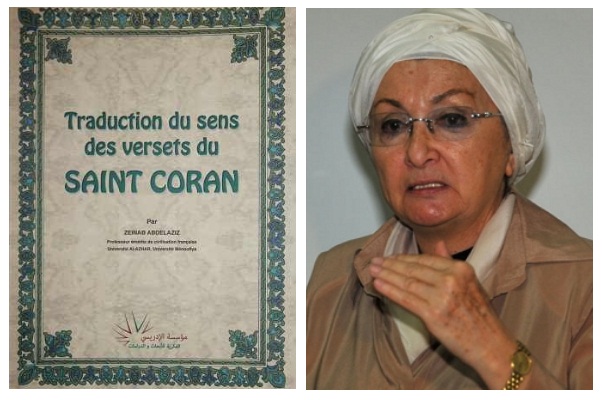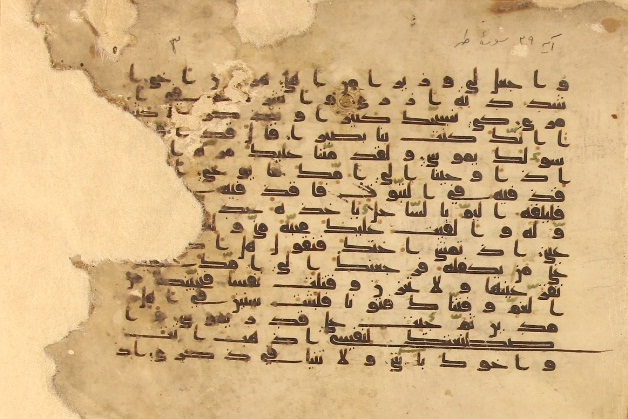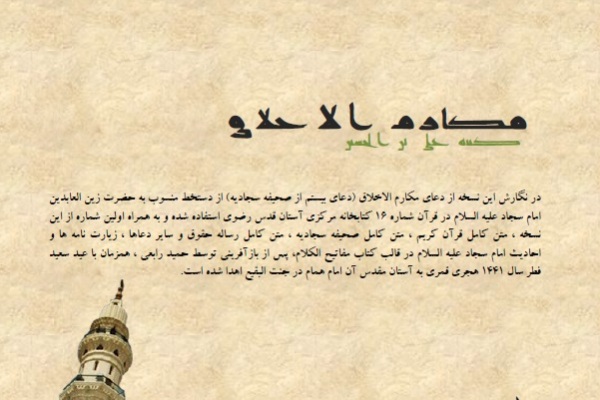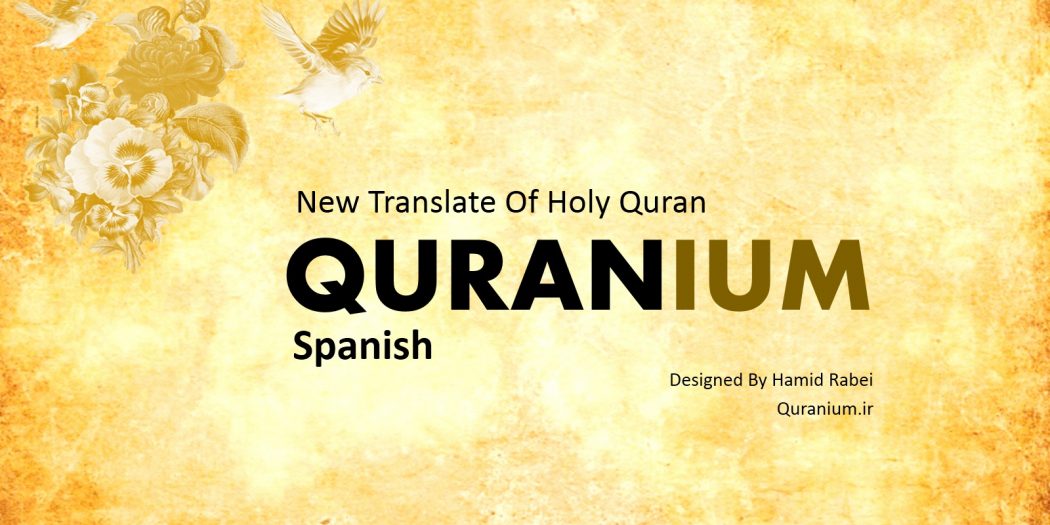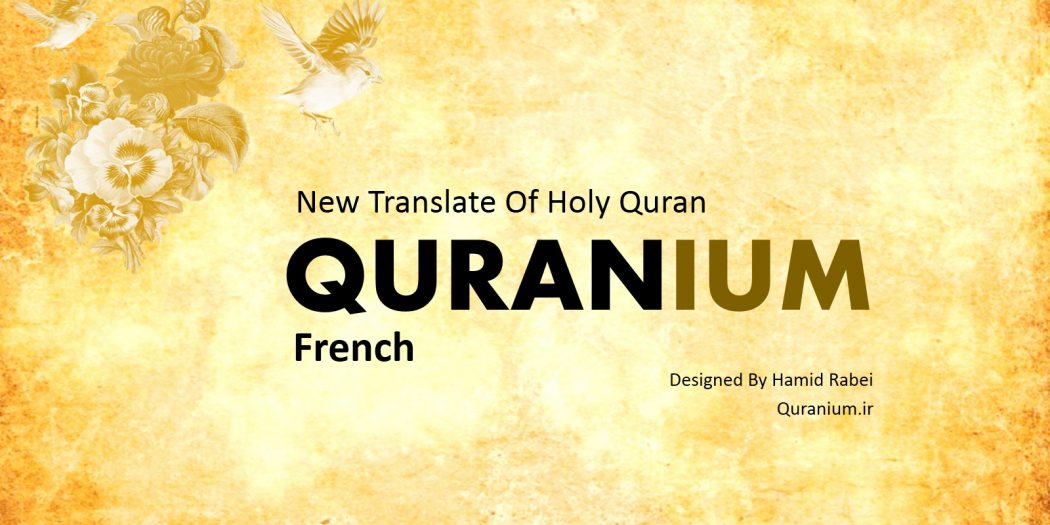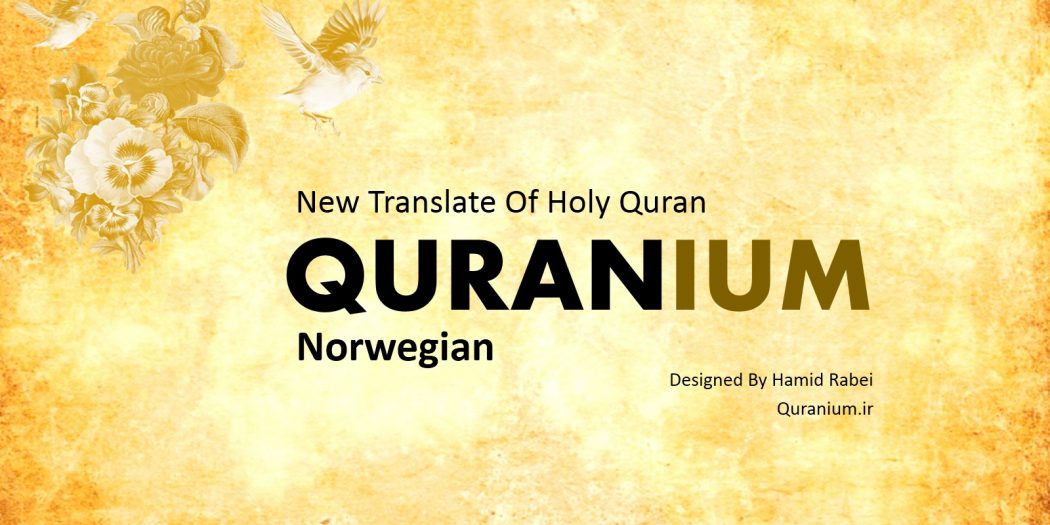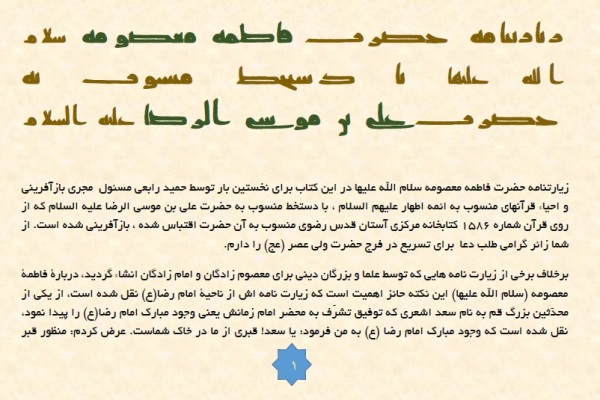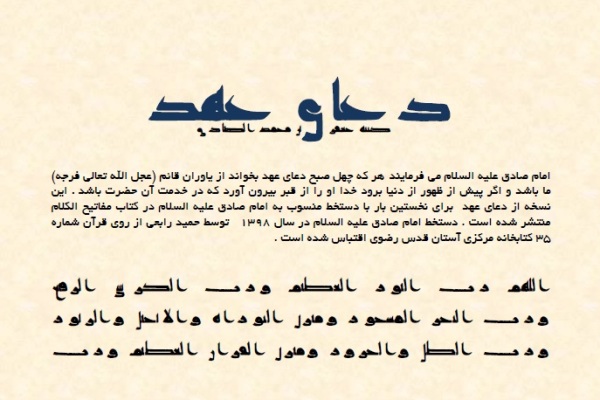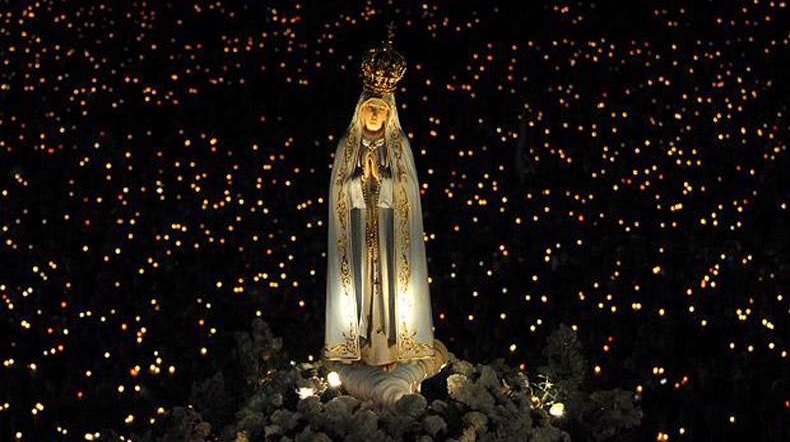
The stability of the Islamic Republic system is only possible with the existence of the position of the Guardian Jurist, but this position rightfully belongs to the Absent Jurist.
The current leaders of the system insist on transferring this position to him after his reappearance, but reason, logic, religious law, and the constitution suggest that this transfer can happen even now, and there is no need for delay.
The counterfeit Guardianship of the Jurist will sooner or later overthrow this system, and undoubtedly this jurist will depart as well. Moreover, we are and will remain to see how the people will react to the next jurist.
The survival and perfection of the system lie solely in the shadow of the existence of the position of the Guardian Jurist, and this is an undeniable reality. However, we must pay heed to a fundamental point: this position rightfully belongs to the Absent Jurist and has been so from the beginning. This very fact makes the transfer of the position of the Guardian Jurist to him not only an intellectual and logical necessity but also a religious and legal obligation.
Supporters of the counterfeit theory of the Guardianship of the Jurist believe that after his reappearance, this position will be handed over to him, and this is a promise to which they insistently adhere. However, it must be said that reason, logic, religious law, and the constitution clearly state that this transfer, contrary to popular belief, can take place even now. There is no reason to delay such an obvious and necessary matter. Implementing this transfer in the present time is not only feasible but would also prevent many problems and adverse outcomes. Any delay in this matter may lead to significant harm.
The counterfeit Guardianship of the Jurist, which lacks a proper logical foundation, will sooner or later confront the existing system with fundamental challenges and may ultimately lead to its overthrow. It must be noted that no individual in this position is eternal; this jurist will also leave. History and experience have shown what kind of reaction and treatment the next jurist will receive from the people. Over time, it will become increasingly clear what negative impacts and undesirable consequences this position will bring if it is built on an unstable foundation.
The transfer of the official position of the Guardianship of the Jurist to Imam Mahdi (AJ) is considered a sufficient condition under the current laws, not a necessary one. This means that transferring this sacred position to Imam Mahdi (AJ), even during his occultation, has no religious or legal prohibition. In other words, it is possible to achieve this transfer within the framework of Islamic law and the governing rules of the Islamic Republic.
Formalizing the guardianship of Imam Mahdi (AJ) within the political and legal structure of the Islamic Republic is not contingent upon his physical reappearance. Rather, this can also be actualized during his occultation by adhering to religious principles and legal frameworks. The philosophy behind this matter stems from the belief that Imam Mahdi (AJ), despite being in occultation, possesses the position of leadership and guardianship over the Islamic community, and this recognition does not require his physical presence for official acknowledgment.
Therefore, even during this era of occultation, Islamic law and existing regulations provide the means for the official position of the Guardianship of the Jurist to be transferred to Imam Mahdi (AJ). This transfer would signify the formal acknowledgment of his guardianship within the legal and political system of the Islamic Republic. Such an act could serve as a symbol of completing the religious and governmental process, demonstrating a commitment to the principles of Islam and Mahdism within the country’s political framework. As a result, according to religious law and governmental rules, this transfer is not solely dependent on the reappearance of Imam Mahdi and can be carried out even without his reappearance.
If we are truly awaiting the reappearance of Imam Mahdi, it is essential to reach a level of understanding, insight, and rationality to recognize that the resolution of the obstacles and challenges we face depends on our own efforts, actions, and decisions.
These efforts will only bear fruit when we, with full awareness and insight, follow the true Guardianship of the Jurist and remain expectant. This obedience acts as a bridge toward officially recognizing the Guardianship of the infallible, which is the cornerstone of the Islamic government and the foundation for his reappearance. If we come to understand that clinging to the counterfeit Guardianship of the Jurist or ignoring the pivotal role of the Awaited Jurist distances us from this luminous path, we must, therefore, fulfill our duty by adhering to religious teachings and sincerely following the true Guardianship of the absent Jurist. In doing so, we pave the way for reappearance, believing that the key to resolving significant challenges within the Islamic government lies in this path. Only this perspective can realize the function of governance, guardianship, and the leadership of the infallible within the Islamic community and prepare us for the acceptance of the divine just state.
True and genuine faith in the absent Imam is the key to unlocking the mystery of occultation and the necessary condition for guiding us forward.
The Guardianship of the Jurist is a position, not tied to any specific individual. This position is defined within the structural framework of the Islamic Republic and is assigned to an individual who, according to the existing laws and conditions, is recognized as a just jurist. This position was held by the founder of the Islamic Revolution, Imam Khomeini, during a certain period and, after him, was transferred to another jurist who currently holds this position and bears its responsibilities.
However, the book *The Absent Jurist* addresses a fundamental issue. It states that ultimately, this position should belong to an individual who possesses the rank of Imamate and infallibility. In other words, according to religious teachings, Imam Mahdi himself should be recognized as the true owner of this position. This idea is clearly presented in the book and has a deep connection to the prevailing views within the system of the Guardianship of the Jurist.
Expanding on this concept, *The Absent Jurist* explains that achieving this goal could happen in three ways: First, through the resignation of the current jurist and the direct transfer of the position to Imam Mahdi. Second, the position could belong to Imam Mahdi after the death of the current jurist. Third, this might be realized after a long succession of non-infallible jurists. In any case, the ultimate conclusion of the discussion points to the decline and eventual dismissal of the continuation of a lineage of non-infallible jurists.
Furthermore, *The Absent Jurist* argues that the existence of a prolonged chain of non-infallible jurists, rather than strengthening the Islamic Republic, may instead lead to fundamental problems and contradictions. As a result, this perspective contends that the current framework is not essential for preserving the principle of the Guardianship of the Jurist or the Islamic Republic system and, in some cases, might even be detrimental to these foundations. Based on this, implementing fundamental changes within this structure could be considered a viable solution.
Some individuals, upon hearing the phrase "Guardianship of the Absent Jurist," quickly accuse it of being associated with the Hojjatieh Society and promoting the ideas and beliefs of this deviant sect.
This perspective often stems from a misunderstanding or a lack of sufficient knowledge about the concepts discussed in this context. However, it is important to note that within the ideology of the Hojjatieh Society, the Islamic Republic as a political system not only holds no value but is also considered contradictory to their principles.
Additionally, they do not believe in the principle of the Guardianship of the Jurist as it is commonly understood, as this concept does not fit within their ideological framework.
In contrast, in the book *The Absent Jurist*, the focus and emphasis are on the preservation and sustainability of the Islamic Republic as one of the main pillars of the global governance of Imam Mahdi (AJ). According to the content of this book, the concept of the Guardianship of the Jurist is defined and explained solely in connection with Imam Mahdi (AJ). Essentially, in this perspective, the Islamic Republic and the existence of an established government are seen as a platform for the realization of the leadership and Imamate of Imam Mahdi (AJ). Without a government built on Islamic principles and without the foundation and infrastructure provided by the Islamic Republic, the concept of the Guardianship of the Absent Jurist would completely lose its meaning and significance and would no longer be functional. In other words, the establishment of an Islamic government and the preservation of a structure based on this system are necessary prerequisites for the realization of any form of leadership, even during the occultation of Imam Mahdi (AJ).
Therefore, understanding these concepts correctly and distinguishing them from the extreme claims of certain groups like the deviant Hojjatieh Society is critically important. It must be recognized that the Islamic Republic and the principle of the Guardianship of the Jurist not only oppose the ideology of the Hojjatieh Society but also consider the survival of this system as a prerequisite for any religious leadership, even during the occultation of Imam Mahdi (AJ). As a result, accusations based on ignorance or misunderstanding are not only incorrect but also misleading and serve as obstacles to a clear and deeper comprehension of these matters.
Hamid Rabei
15 Shaban 1446




